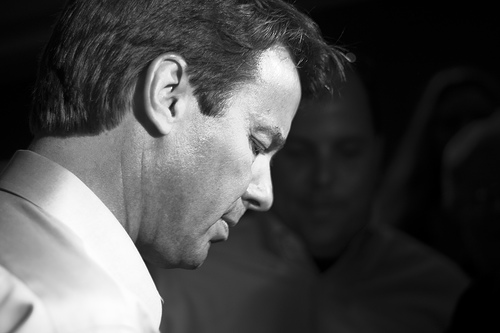Everyday Miracles: Can We Live Without The Advances Of Modern Medicine?

I watched President Bill Clinton speak to the press while standing outside of his house last night, just one day after doctors inserted stents in the arteries around his heart. I spoke to my mother last evening, who is entering her second week of therapy after having her second hip replacement surgery in the last six months. I thought about my eighty-nine year old grandmother, who underwent a surgical procedure two weeks ago and was moving around her kitchen the next day as if nothing had happened. These advances in modern medicine, as amazing as they are, have had a tremendous impact on our healthcare delivery system’s costs.
According to Richard Rettig, now an adjunct senior social scientist at the RAND Corporation, new medical technology affects the costs of health care through the following “mechanisms of action”:
Richard Rettig “Medical Innovation Duels Cost Containment,” Health Affairs
When I was a child, all medical procedures involving the heart required the patient’s chest to be cut open. It was common to see people in their sixties and seventies who needed canes or walkers to get around, and many more who seniors who always seemed to be rubbing their knees. And surgery was rarely performed on ninety year old patients.
The recent research in this area seems to be written mostly from the perspective of the technocrat. The analysis I’ve read tends to quantify the added lifespan medical technology makes possible in terms of life expectancy costs versus an actual dollar value per additional year of life in order to justify whether or not our broader healthcare policies make sense.
I also remember from my childhood the visits we would make to aged family members and friends who had been bed-ridden or house bound for years with conditions similar to those President Clinton and my mother suffered from. Our technological advances appear to dramatically raise the quality of life, a factor that seems to be missing from many of the equations and theories floating around regarding the future of our healthcare system.
However heartening it is to see the former President begin to look like his old self again, however moving it is for me to hear my mother sound like her old self again, the reality is, America’s challenge going forward is to figure out how to sustain these kind of everyday medical miracles without neglecting our other civic responsibilities.





